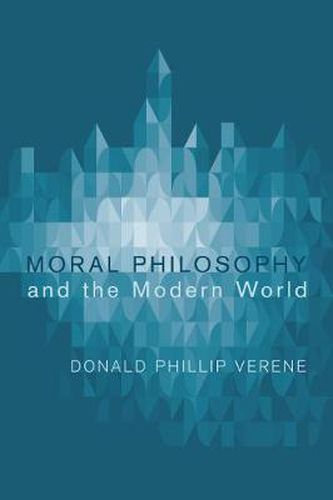Readings Newsletter
Become a Readings Member to make your shopping experience even easier.
Sign in or sign up for free!
You’re not far away from qualifying for FREE standard shipping within Australia
You’ve qualified for FREE standard shipping within Australia
The cart is loading…






This title is printed to order. This book may have been self-published. If so, we cannot guarantee the quality of the content. In the main most books will have gone through the editing process however some may not. We therefore suggest that you be aware of this before ordering this book. If in doubt check either the author or publisher’s details as we are unable to accept any returns unless they are faulty. Please contact us if you have any questions.
This work raises for the contemporary reader the ancient and abiding question of the nature and meaning of human virtue. In Part 1, it draws upon Plato, Aristotle, and Cicero and the works of Renaissance Christian humanists who were influenced by them, such as Pico, Vives, and Erasmus. The moral act guided by the cardinal virtues and the good is seen as the key to human happiness and the formation of character. Character is the basis for the pursuit of self-knowledge, decorum, and dignity, which properly guide human affairs. Part 2 takes up Hegel’s principle of the labor of the negative as applied to three phenomena of modern life: the presence of terrorism, the personality of the psycho-sociopath, and the problems of the technologically dominated life of the modern person. These are the most powerful impediments to the good life in the modern world and pose problems to which the ethical doctrines of utilitarianism and the categorical imperative provide an insufficient response. To confront these phenomena, we are led back to the classical conception of the role of prudence or practical wisdom as the foundation of ethical life.
$9.00 standard shipping within Australia
FREE standard shipping within Australia for orders over $100.00
Express & International shipping calculated at checkout
This title is printed to order. This book may have been self-published. If so, we cannot guarantee the quality of the content. In the main most books will have gone through the editing process however some may not. We therefore suggest that you be aware of this before ordering this book. If in doubt check either the author or publisher’s details as we are unable to accept any returns unless they are faulty. Please contact us if you have any questions.
This work raises for the contemporary reader the ancient and abiding question of the nature and meaning of human virtue. In Part 1, it draws upon Plato, Aristotle, and Cicero and the works of Renaissance Christian humanists who were influenced by them, such as Pico, Vives, and Erasmus. The moral act guided by the cardinal virtues and the good is seen as the key to human happiness and the formation of character. Character is the basis for the pursuit of self-knowledge, decorum, and dignity, which properly guide human affairs. Part 2 takes up Hegel’s principle of the labor of the negative as applied to three phenomena of modern life: the presence of terrorism, the personality of the psycho-sociopath, and the problems of the technologically dominated life of the modern person. These are the most powerful impediments to the good life in the modern world and pose problems to which the ethical doctrines of utilitarianism and the categorical imperative provide an insufficient response. To confront these phenomena, we are led back to the classical conception of the role of prudence or practical wisdom as the foundation of ethical life.